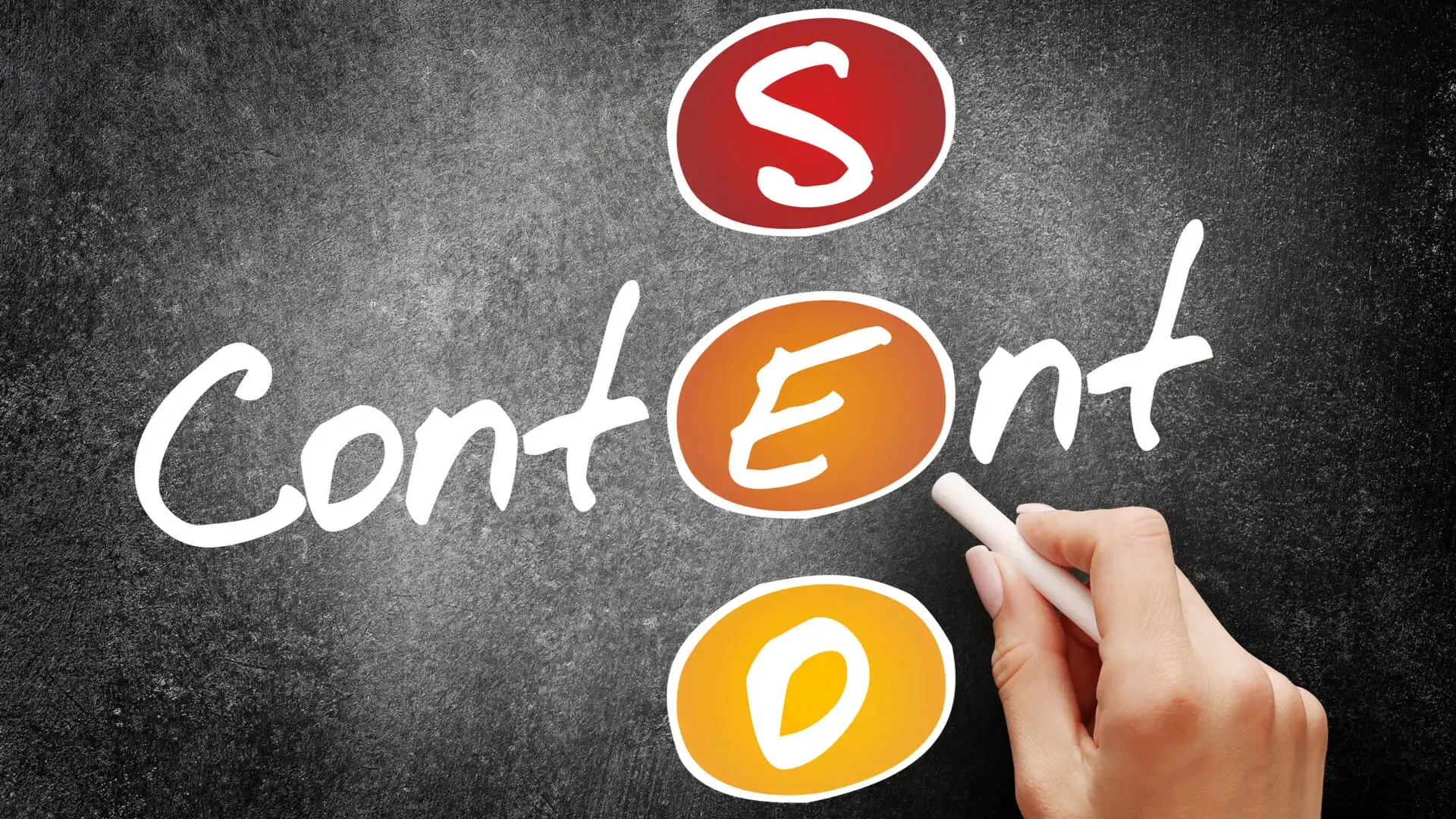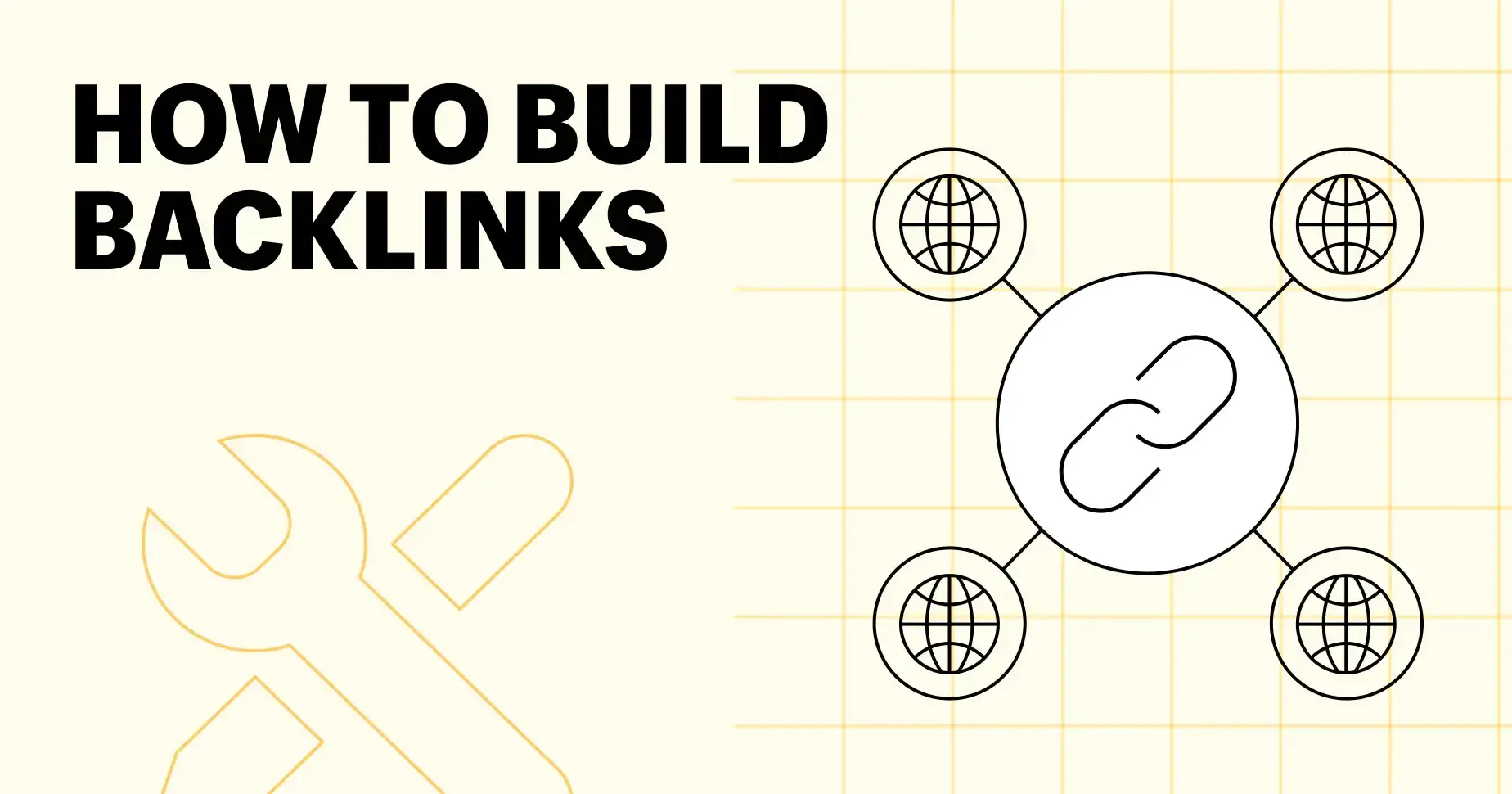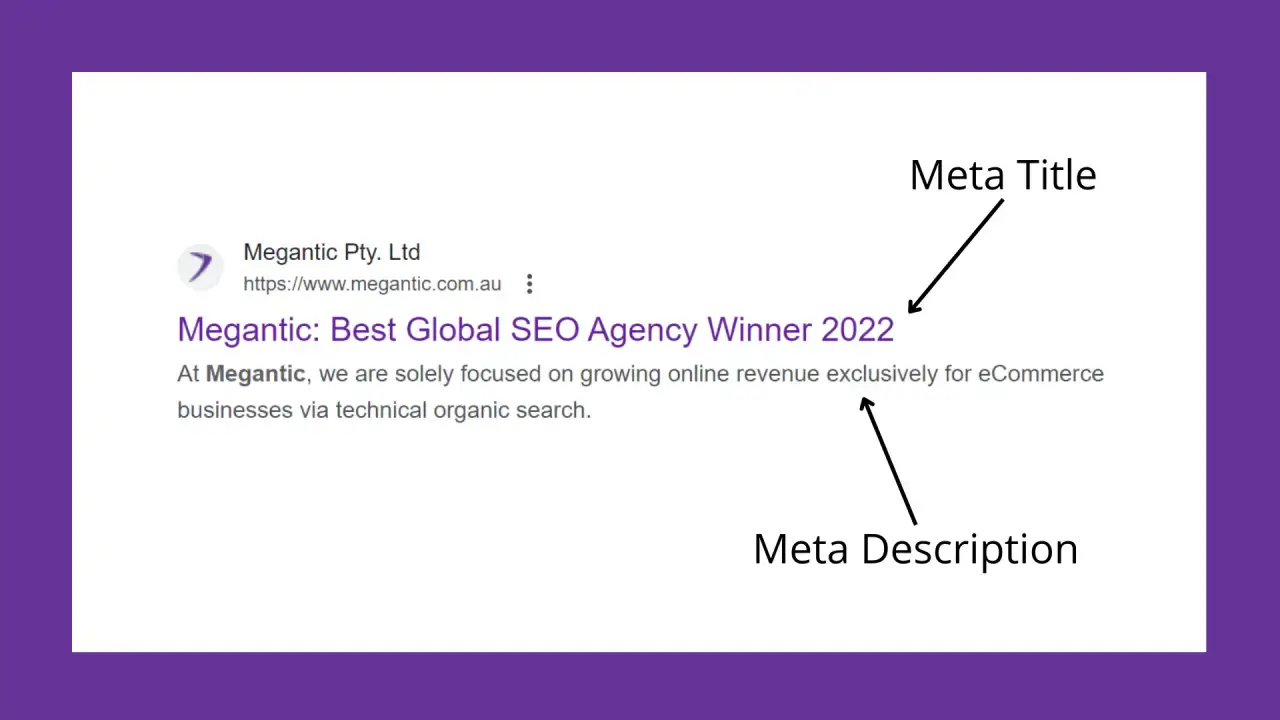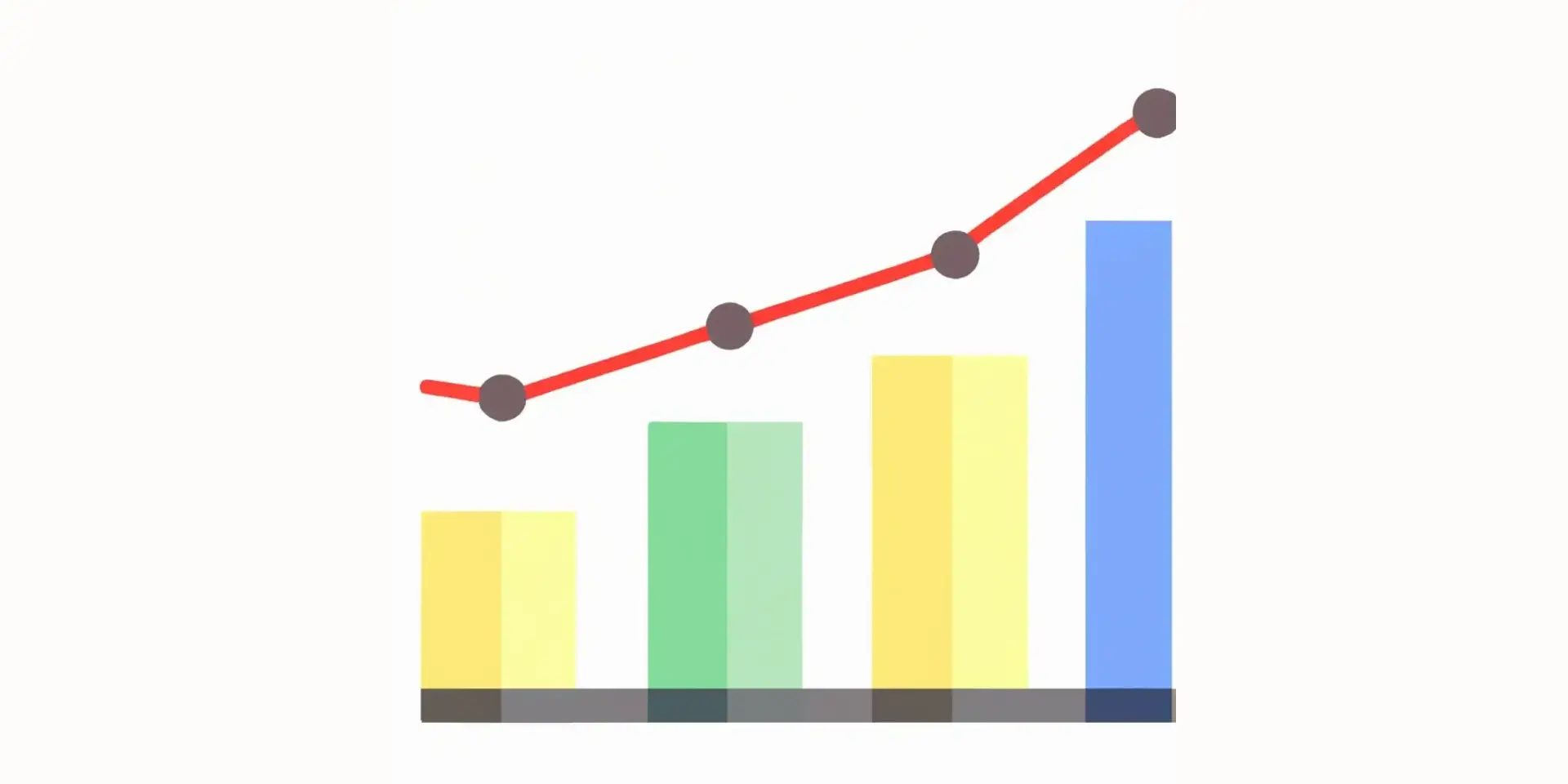
What is Content SEO?
Content SEO, also known as on-page SEO, is the practice of optimizing individual web pages to improve their search engine rankings and drive organic traffic. It involves optimizing various elements of content, such as keywords, meta tags, headings, and internal links, to make them more search engine-friendly.
Why is Content SEO Important?
Content SEO is essential for improving your website's visibility and attracting organic traffic from search engines. By optimizing your content for relevant keywords and providing valuable information to users, you can increase your chances of ranking higher in search results and driving more qualified leads to your website.
Creating High-Quality Content
Understanding Your Audience Before creating content, it's essential to understand your target audience's needs, interests, and pain points. Conduct thorough research to identify relevant topics, keywords, and trends that resonate with your audience and align with your business objectives.
Content Strategy Development Develop a comprehensive content strategy that outlines your goals, target audience, messaging, and distribution channels. Consider creating a content calendar to plan and organize your content creation efforts effectively.
Content Creation Best Practices Follow these best practices to create high-quality, engaging content:
- Provide valuable information: Offer informative, relevant content that addresses your audience's questions and concerns.
- Use compelling visuals: Incorporate images, videos, infographics, and other visual elements to enhance the readability and engagement of your content.
- Optimize for readability: Use clear, concise language and formatting techniques such as bullet points, subheadings, and short paragraphs to improve readability.
Include relevant keywords: Conduct keyword research to identify relevant keywords and incorporate them naturally into your content to improve its search engine visibility.
Optimizing Content for SEO
Keyword Research is the foundation of Content SEO. Use keyword research tools like Google Keyword Planner, SEMrush, or Ahrefs to identify relevant keywords with high search volume and low competition.
On-Page Optimization Optimize various on-page elements of your content, including:
- Title tags: Write descriptive, keyword-rich title tags that accurately reflect the content of your page.
- Meta descriptions: Craft compelling meta descriptions that entice users to click through to your website from search results.
- Heading tags: Use heading tags (H1, H2, H3, etc.) to structure your content and incorporate target keywords where relevant.
- URL structure: Create SEO-friendly URLs that include relevant keywords and are easy to read and understand.
Internal Linking Internal linking is an important aspect of Content SEO. Use internal links to connect related content within your website and help search engines understand the hierarchy and structure of your site.
Measuring Content SEO Success
Tracking Key Performance Indicators (KPIs) Monitor the following KPIs to measure the success of your Content SEO efforts:
- Organic traffic: Track the amount of traffic your website receives from organic search results.
- Keyword rankings: Monitor your website's rankings for target keywords in search engine results pages (SERPs).
- Engagement metrics: Analyze user engagement metrics such as bounce rate, time on page, and pages per session to assess the effectiveness of your content.
Utilize analytics tools such as Google Analytics, Google Search Console, and third-party SEO tools to track and analyze your website's performance. These tools provide valuable insights into your website's traffic, user behavior, and search engine visibility.
Conclusion
Content SEO is a powerful strategy for improving your website's search engine rankings and driving organic traffic. By creating high-quality, optimized content that provides value to your audience and aligns with their search intent, you can increase your chances of ranking number one on Google and attracting more qualified leads to your website. Follow the strategies outlined in this guide, continuously monitor your results, and refine your approach to achieve long-term success in Content SEO.







